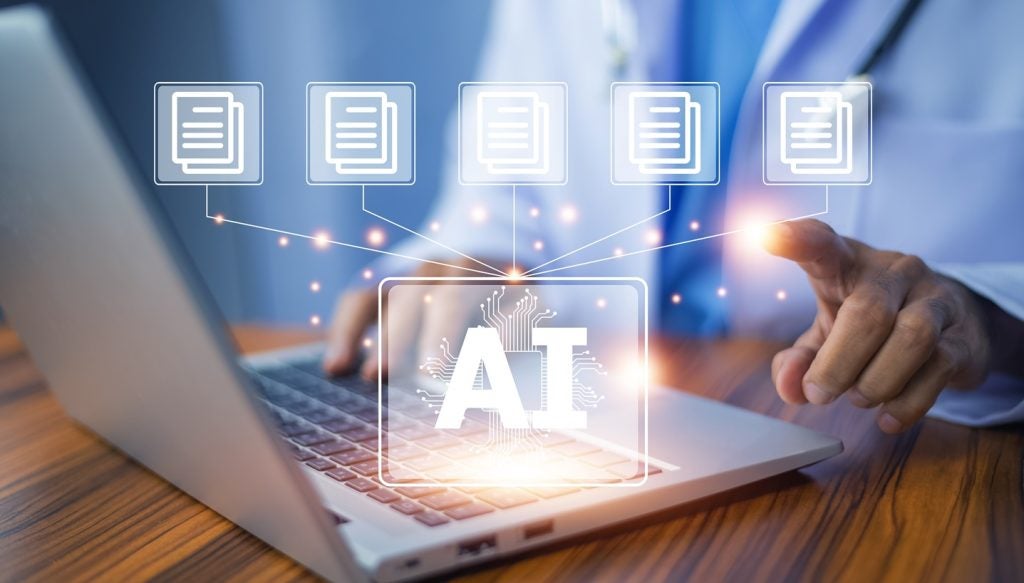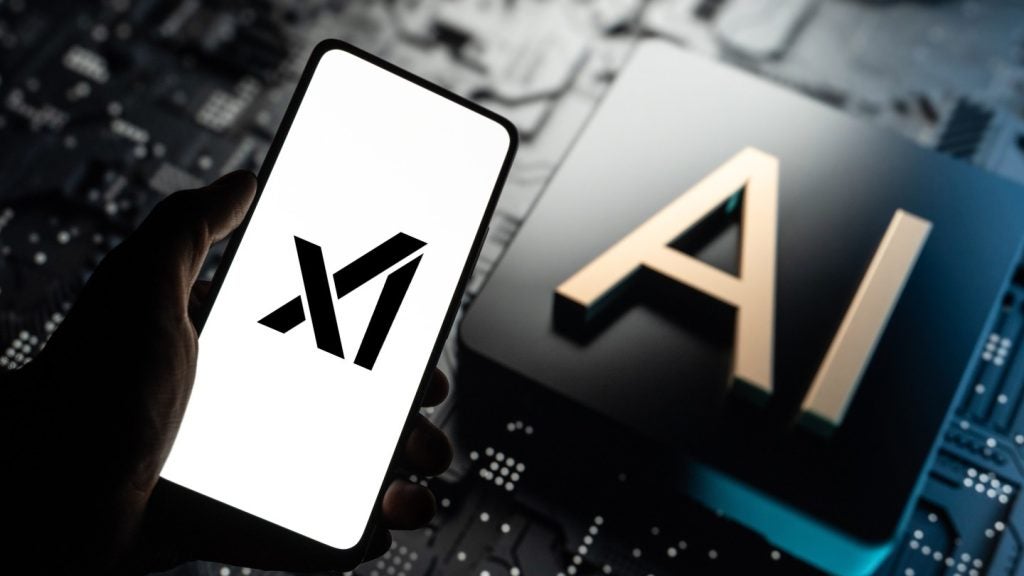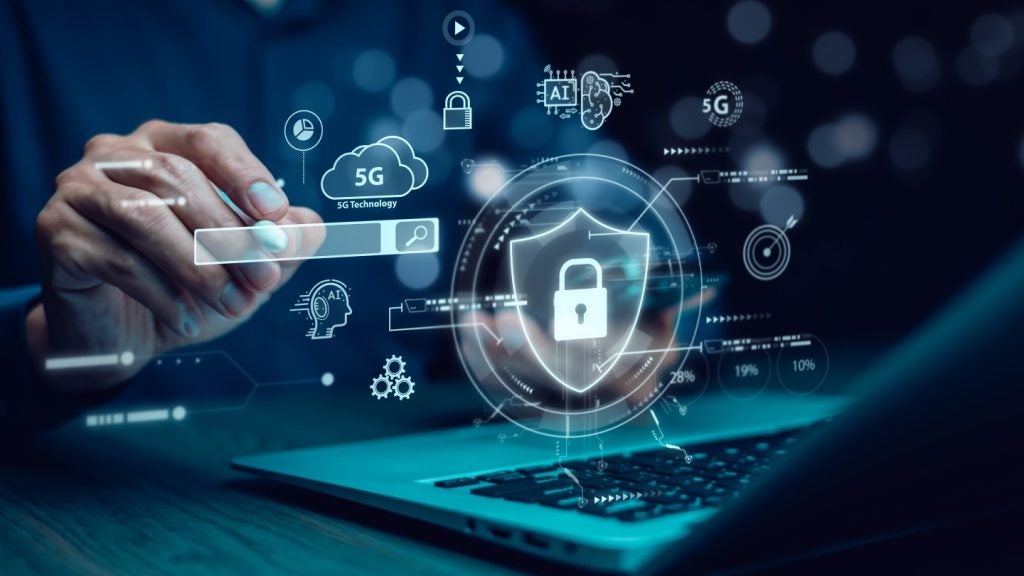
Research by UK recruitment platform, GreenHouse Software, suggests that humans are more biased in the hiring process than AI, despite growing mistrust around AI entering the hiring process.
Out of 1,700 human resources managers in the UK, Germany and Ireland, GreenHouse Software found that around 57% stated that they would be more likely to hire an applicant with the same background as them. In addition, the statistic does not measure a HR manager’s unconscious bias which may be present in their hiring process.
This same group of respondents, however, were concerned about the potential negative impacts towards minority groups as a result of incorporating AI into the hiring process. Just over 40% of HR managers responded that they were worried AI bias would worsen the chances of minorities being hired into their companies.
GlobalData’s 2023 Thematic Intelligence executive briefing on AI outlined how technology is increasingly being used in life-changing decisions, such as hiring and welfare.
“Consequently,” explains the analyst, “transparency and explainability have become essential. Controversies surrounding bias in AI models have received a lot of attention, prompting companies to update their internal AI development guidelines.”
Nonetheless, explainable AI will not be enough to counter AI bias. It will only help businesses to recognise the potential for discrimination within their AI systems.
How well do you really know your competitors?
Access the most comprehensive Company Profiles on the market, powered by GlobalData. Save hours of research. Gain competitive edge.

Thank you!
Your download email will arrive shortly
Not ready to buy yet? Download a free sample
We are confident about the unique quality of our Company Profiles. However, we want you to make the most beneficial decision for your business, so we offer a free sample that you can download by submitting the below form
By GlobalDataPsychology program manager at AI talent experience platform, HireVue, Dr Colin Willis, argued that AI is more nuanced than its biases.
“There is often a misconception regarding bias in the context of AI,” Willis stated, “This misconception arises primarily because AI algorithms, like any algorithms, can be programmed to generate specific outcomes. Consequently, people may mistakenly assume that AI is inherently biased.”
Willis reinstates that this is not the case.
Balanced training data alongside rigorous monitoring and iterative development processes, argue Willis, can make for an AI model against discrimination.
“AI and automation can provide objective insights into the recruitment process by assessing candidates based on relevant skills for the position, as opposed to hiring managers who may exhibit familiarity bias,” Willis stated.
Despite this, Willis did enforce that AI should not be the sole deciding process within hiring. Rather, a blend of AI and human involvement can create a successful and unbiased hiring process for businesses that could save on both time and money.
On the other side of hiring, GreenHouse’s research also found that more and more job candidates had used or were considering using AI to search for jobs and automate their CV writing.
More than one-third of candidates explained that they felt this is fair since the businesses they were applying to were most likely also using AI to sort through their applications.







